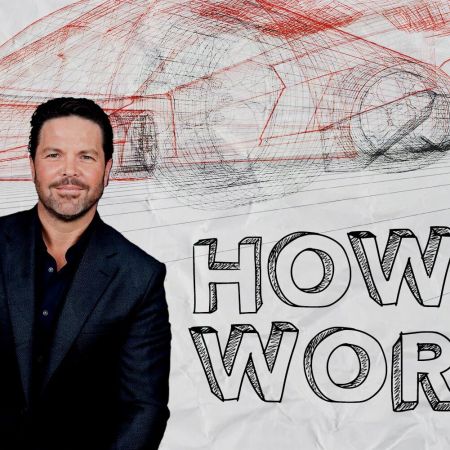“How are you?” “What do you do?”
Innocuous questions.
And terrible conversation starters. That’s what Gary Burnison, the CEO of the global consulting firm Korn Ferry and author of the new book Lose the Resume, Land the Job, reminded everyone when he explained what not to ask when meeting new people.
Instead, do the following:
- Ask a lot of questions. “People spend most of their time during conversations talking about their own viewpoints and tend to self-promote when meeting people for the first time. In contrast, high question-askers—those that probe for information from others—are perceived as more responsive and are better liked,” noted a recent Harvard study.
- Ask a lot of thought-provoking questions. Forget “What do you do,” especially at a work-related function. “The question quickly sets a boundary around the conversation that the other person is now a ‘work’ contact,” says author David Birkus, who instead suggests “What’s the best thing that happened to you this year?” or “Where did you grow up?” as preferable conversation starters.
- Make big talk, not small. Instead of asking “how are you,” Kalina Silverman started asking strangers “What do you want to do before you die?” Intense, sure, but it lead to some in-depth conversations, a well-trafficked TEDx Talk and an entire new interpersonal communications idea called Big Talk, which suggests you start conversations with queries like “What do you wish you knew? and (be careful on this one) “Where would you like to wake up tomorrow?” It takes some practice, but Silverman and her team made a card game out of it.
- Use the A.C.T. trick. Burnison suggests starting with a question that fulfills the ACT criteria — Authenticity, Connection and and Topic that “will give them a taste of who you are.” This might include “What’s your current state of mind?” or “You remind me of a celebrity, but I can’t remember which one — who’s someone you relate to?”
- Add one simple word. After the death of her husband in 2015, Facebook COO Sheryl Sandberg received the “how are you?” query all the time. “It’s a really hard question to answer,” she told Business Insider. “Inadvertently, I think without anyone meaning it, it communicates a lack of empathy.” Her simple suggestion: “How are you today?” Because that suggests that, especially in a time of grief, we understand that the other person is going through something difficult.
Whether you’re looking to get into shape, or just get out of a funk, The Charge has got you covered. Sign up for our new wellness newsletter today.























